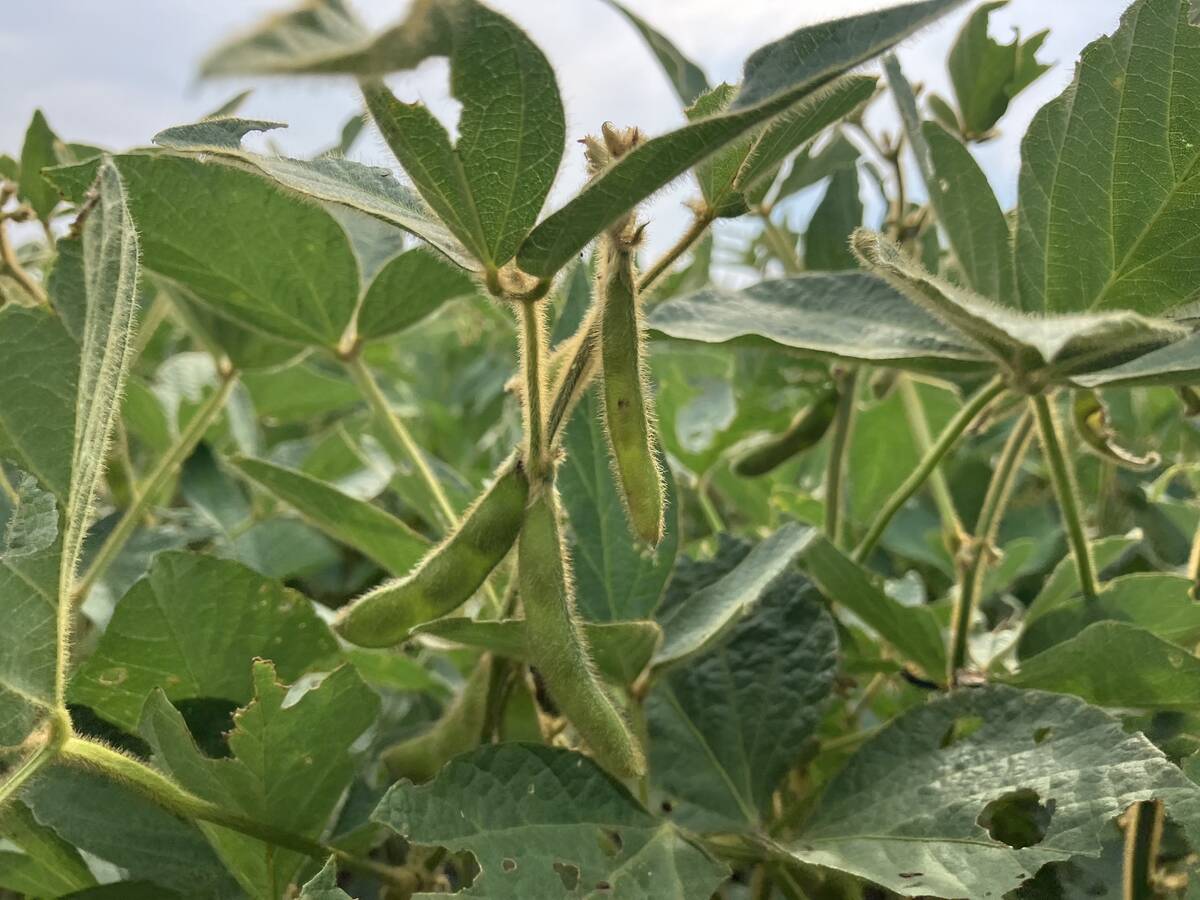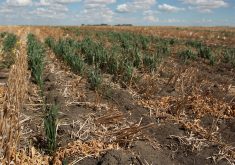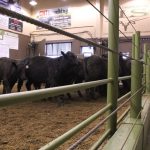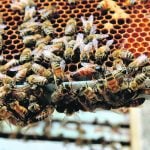There was talk of mending fences last week after the Manitoba government announced it would make its new $2 per head beef levy refundable.
The province originally planned to have the levy mandatory and nonrefundable, a move that met fierce resistance from the Manitoba Cattle Producers Association.
The association insisted the levy be refundable so producers would have choice and so there would be greater accountability in how the money collected was spent.
“If they’ve got this thing refundable, that’s all we can ask for,” said Martin Unrau, MCPA vice-president, reacting to the province’s announcement last week.
Read Also

U.S. loses out on sales of soybean to China
U.S. soybean exporters risk missing out on billions of dollars worth of sales to China this year as trade talks drag on and buyers in the top oilseed importer lock in cargoes from Brazil.
“I’m sure happy about this whole thing and I hope the cattle producers of Manitoba see this as a positive.”
Collection of the beef levy begins Sept. 1. The money will be collected at the point of sale. The Manitoba Cattle Enhancement Council has been established to invest the money in increased slaughter and beef processing in the province.
Rising transportation costs and the heightened threat of border closures add to the need for increased slaughter capacity, said Manitoba agriculture minister Rosann Wowchuk.
Co-operation between the cattle industry and government was needed to move forward on that critical issue, she said in explaining her decision to make the levy refundable.
The province will match producer contributions to the investment fund. The fund will be reviewed after two years. The province has already provided $1 million for the cattle enhancement council and announced in March repayable start-up financing of $10 million.
“I hope the producers recognize how important it is to increase slaughter capacity in this province,” Wowchuk said. “Other industries would love to have government matching their funds. This is a special step that we’re taking for the cattle industry.”
The minister said the decision to make the levy refundable will be reviewed if it appears that approach isn’t working. That would potentially lead to the beef levy again being made mandatory and nonrefundable.
Unrau said the refundable levy helps to ensure the cattle enhancement council acts prudently when spending the money. Producers will be able to apply for a refund twice a year.
“If the council doesn’t do their due diligence and doesn’t allocate this money into the proper facilities, the people will be able to take their money out of there,” Unrau said. “If they’ve screwed up, so be it, the money’s going to disappear.”
Wowchuk and Unrau both cited the need for increased slaughter and processing of older bulls and cows in Manitoba. Finding adequate equity has been one of the hurdles for ventures that could address that need.
Unrau said the cattle industry in Manitoba is “set to take off,” partly due to the biofuel ventures that are under development or anticipated for the province in the near future. Among other things, the ethanol and biodiesel plants will produce large quantities of byproduct suited for livestock feed.
















